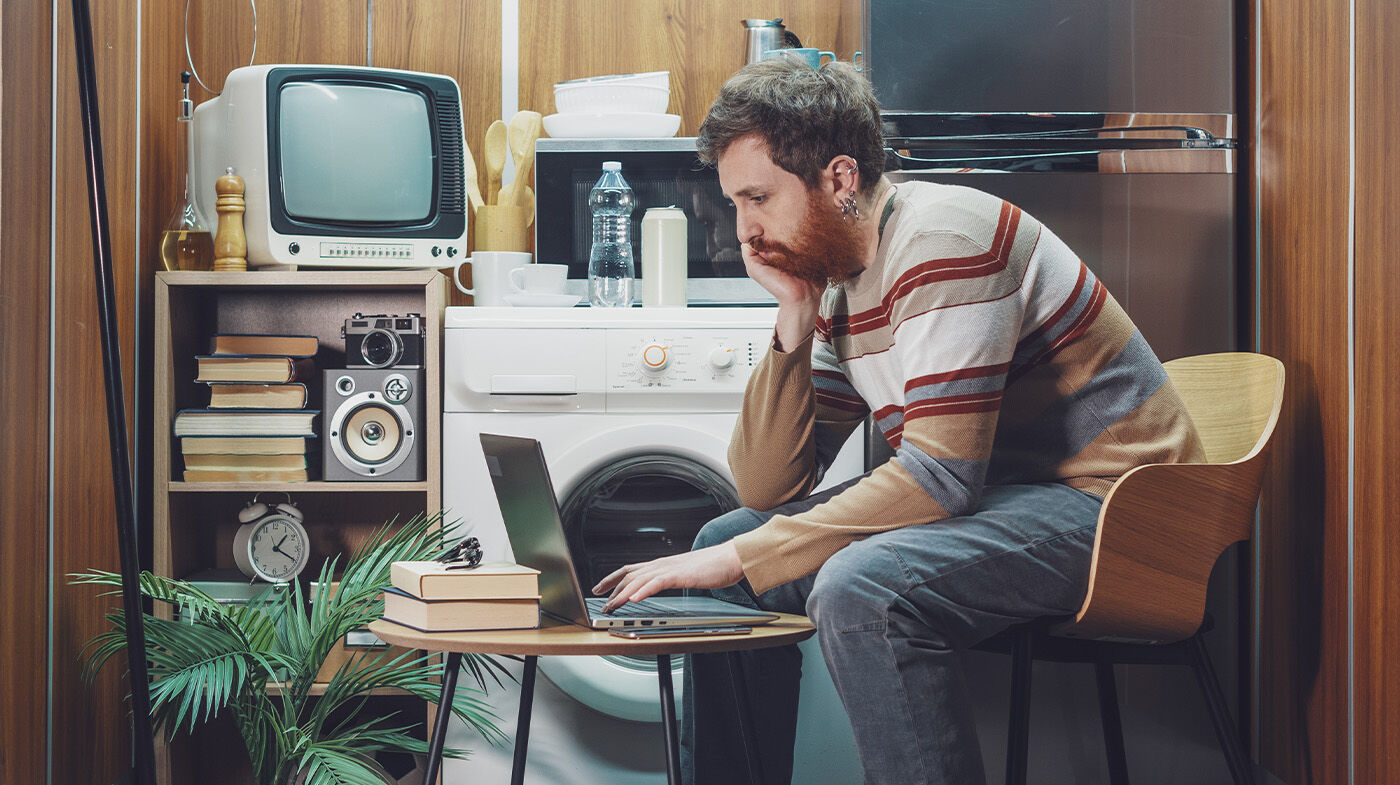
Why More Men Are Turning to Telehealth Psychology
In recent years, telehealth has changed the way Australians access psychological support — and one growing trend is the number of men embracing online therapy. While men have historically been less likely to seek mental health help than women, telehealth is helping to shift that narrative.
1. Privacy and Reduced Stigma
One of the biggest barriers men face when seeking therapy is stigma — the fear of being seen as weak or vulnerable. Telehealth removes the public nature of attending an in-person clinic. Instead, therapy can be done from the privacy of home or even from a parked car during a lunch break, which allows men to seek help without worrying about what others might think.
2. Flexibility Around Work and Life
Many men juggle demanding work schedules, family responsibilities, and long commutes. Telehealth fits more easily into their lifestyle by eliminating travel time and allowing sessions to be booked around working hours. For FIFO workers, remote professionals, or busy dads, this flexibility makes psychological support more accessible than ever.
3. Technology Makes It Easier to Open Up
Some men feel more comfortable opening up emotionally when there’s a screen acting as a buffer. Video calls — or even audio-only sessions — can feel less intense than sitting in a physical room with a psychologist. This small psychological distance can make it easier to talk about difficult issues.
4. Early Intervention Made Possible
Because telehealth reduces so many barriers, men are more likely to access help earlier — before stress, anxiety, or burnout escalate into crisis. This early intervention can mean better outcomes and fewer long-term effects on health, relationships, and work.
5. A Safe Option for Rural and Remote Men
Men in rural or remote parts of Australia often have limited access to in-person psychology services. Telehealth opens up access to experienced professionals no matter where they live. This can be life-changing for men on farms, in mining towns, or in isolated areas where mental health support is hard to find.
Final Thoughts
The rise in men using telehealth services is a positive shift. By making therapy more private, flexible, and accessible, telehealth helps more men take control of their mental wellbeing. At Therapy from Home, we understand the unique needs of every client and offer confidential support that fits real lives — no matter where you are or what your schedule looks like.
If you're considering taking the first step, our team is here to help — with no waiting lists and flexible appointments that work around you.
